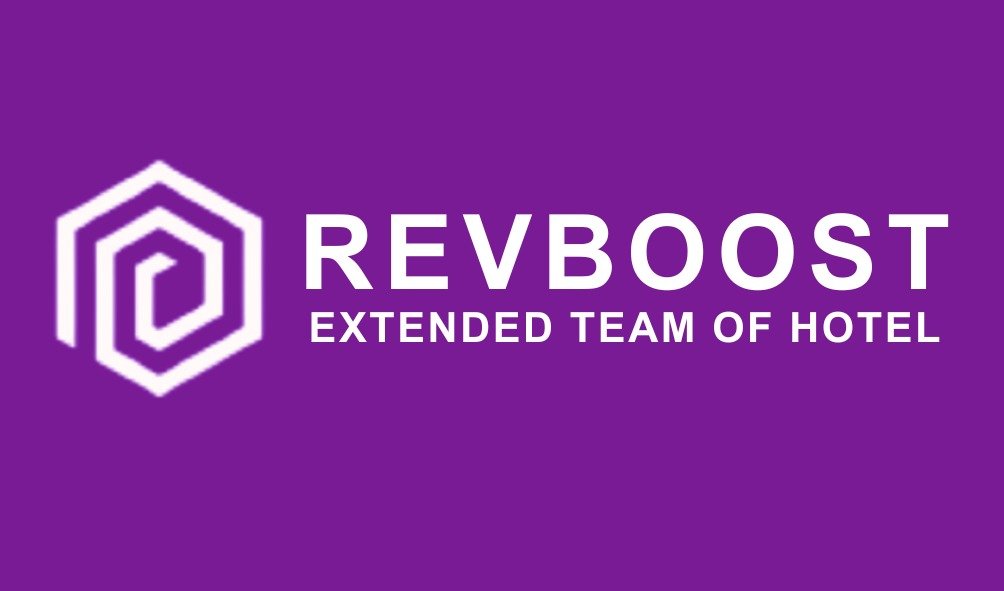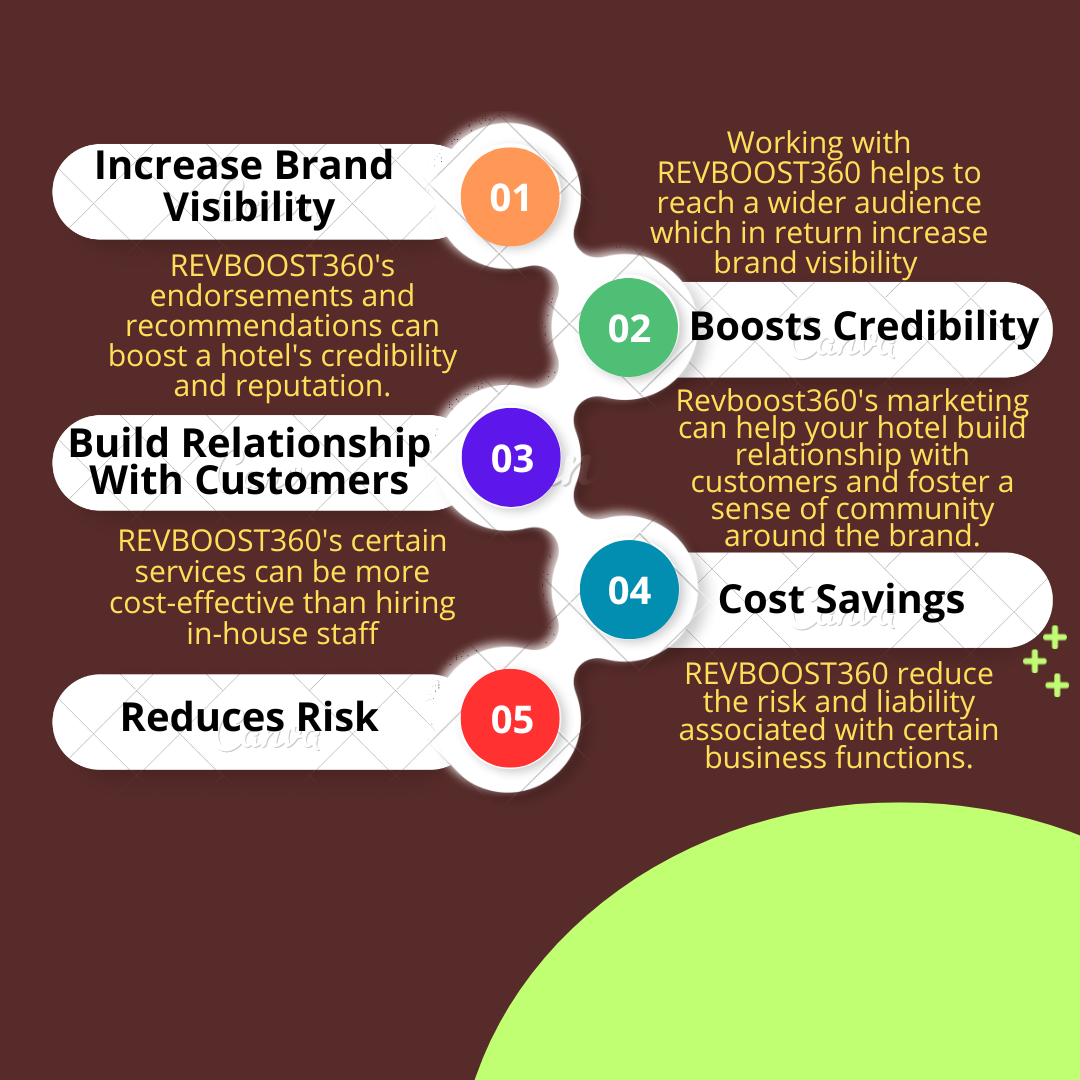Developing a website for a hotel involves creating an online presence that showcases the hotel's features, amenities, and services to attract potential guests. Here are the key steps to consider when developing a website for a hotel:
Define your goals: Determine the primary objectives of your hotel website, such as increasing bookings, showcasing the property, or enhancing guest engagement. This will guide the entire development process.
Choose a domain name: Select a domain name that is easy to remember and reflects your hotel's brand or location. Consider using your hotel's name or a relevant keyword.
Plan the website structure: Outline the pages and sections you want on your website, including a homepage, accommodation details, dining options, amenities, photo gallery, location information, booking system, and contact page. Ensure the structure is intuitive and user-friendly.
Design and layout: Create an attractive and visually appealing design that reflects your hotel's branding and captures the attention of visitors. Pay attention to color schemes, typography, and imagery that align with your hotel's style.
Responsive design: Optimize your website for various devices and screen sizes, ensuring it looks and functions well on desktops, tablets, and mobile phones. Responsive design improves user experience and search engine rankings.
High-quality visuals: Utilize professional photographs and videos to showcase your hotel's rooms, facilities, and surrounding area. High-quality visuals create a positive impression and entice potential guests.
Engaging content: Write compelling and informative content that highlights your hotel's unique selling points, amenities, services, and nearby attractions. Emphasize the benefits guests can expect from staying at your hotel.
Online booking system: Implement a user-friendly and secure booking system that allows guests to check availability, select dates, and make reservations directly on your website. Integration with a reputable hotel management software can streamline the process.
SEO optimization: Optimize your website for search engines to improve its visibility in organic search results. Perform keyword research, optimize meta tags, utilize relevant headings, and create quality content to enhance your website's ranking.
Social media integration: Incorporate social media icons and share buttons on your website to encourage guests to follow and engage with your hotel's social media accounts. This can help expand your online presence and improve guest interaction.
Test and optimize: Thoroughly test your website's functionality, performance, and user experience across different devices and browsers. Identify and fix any issues to ensure a smooth and seamless experience for visitors.
Track analytics: Install web analytics tools such as Google Analytics to track website performance, user behavior, and conversion rates. Analyzing data will help you understand your website's effectiveness and make informed improvements.
Regular updates: Keep your website up to date with fresh content, new offers, and promotions. Regularly review and improve your website to meet evolving guest expectations and industry trends.

